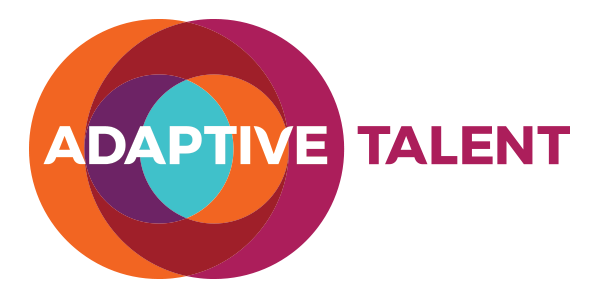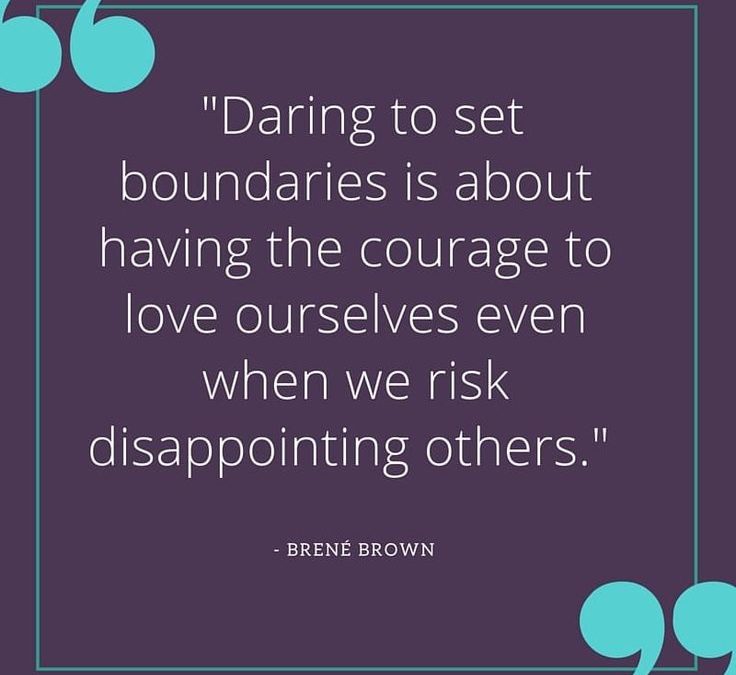One of the first things I do when I work with leaders is help them get clear on their personal values and how those translate into tangible ways of being and associated actions across key relationships in their life: themselves, a significant other, family and friends, coworkers, and perhaps even the world. It’s this extra step that people find helpful because it forces this ambiguous concept of values into something accessible; you should be able to step back from the exercise and feel that a life lived in alignment with these values would be fantastic. These are boundaries for you, a map for how you want to live your life. Most people, myself included, have a spectrum of “red”, “yellow”, and “green” to indicate how their aspirational life compares to their current situation, and that’s totally fine because it’s an important foundational aspect to self-awareness and motivation.
In order for a person to move from the reactive to creative stage of development (if it happens at all; only about 20% of adults are estimated to move to this stage or beyond) requires a willingness to risk others’ disapproval of you in order to be and act more in alignment with your deepest values and desires. It’s that stage in life when you define your character “inside out” versus “outside in” when you’re in the reactive, or as Kegan and Lahey say, the Socialized-Self stage. It’s one reason boundaries are more difficult to establish when you’re younger; partially because you need experience to figure out what works for you, and partially because you have to be willing to risk others’ opinions to act with integrity to yourself.
A key point in her video is learning to manage your judgments by believing that people are doing the best they can, versus trying to take advantage of you, being lazy, or some other judgment. Interestingly, it’s not so you can be more gracious, but rather sane and happy because ultimately it’s you that first benefits from fretting about someone’s perceived lack of manners, insight, values, etc. That becomes much easier, I believe, if you’re first able to know yourself via personal values and have a desire to experience life in a way that aligns with your values, and secondly that you understand your fears and how they can manifest as judgement about others.
Brené distinguishes compassion from empathy this way: compassion stems from a belief that we are all connected by something rooted in goodness and love (some people call that God, but that doesn’t work for everyone…so consider substituting the universe or other concept for shared connection). Empathy is a skill that brings compassion alive by helping people feel they are loved, that they are seen, witnessed…that you “get” them. It’s feeling along with someone, not taking on their feelings as your own…which, of course, requires boundaries.
So a good place to start may simply be to ask yourself “what do I stand for, and how would I know if I’m living my life aligned to those values?” Be curious about your judgments and why they’re triggers for you. See your aspirations and fears in others as a potent way to access greater compassion. My hunch is that over time this will infuse the skill of empathy with a realness that will transform your relationships.
—
Adaptive Talent is a talent consultancy designed to help organizations achieve amazing results and ongoing adaptability. Founded in 2008 and based in Vancouver, Canada we offer retained search, assessments, total rewards consulting, training, leadership coaching and development programs, and culture & organizational development consulting.

